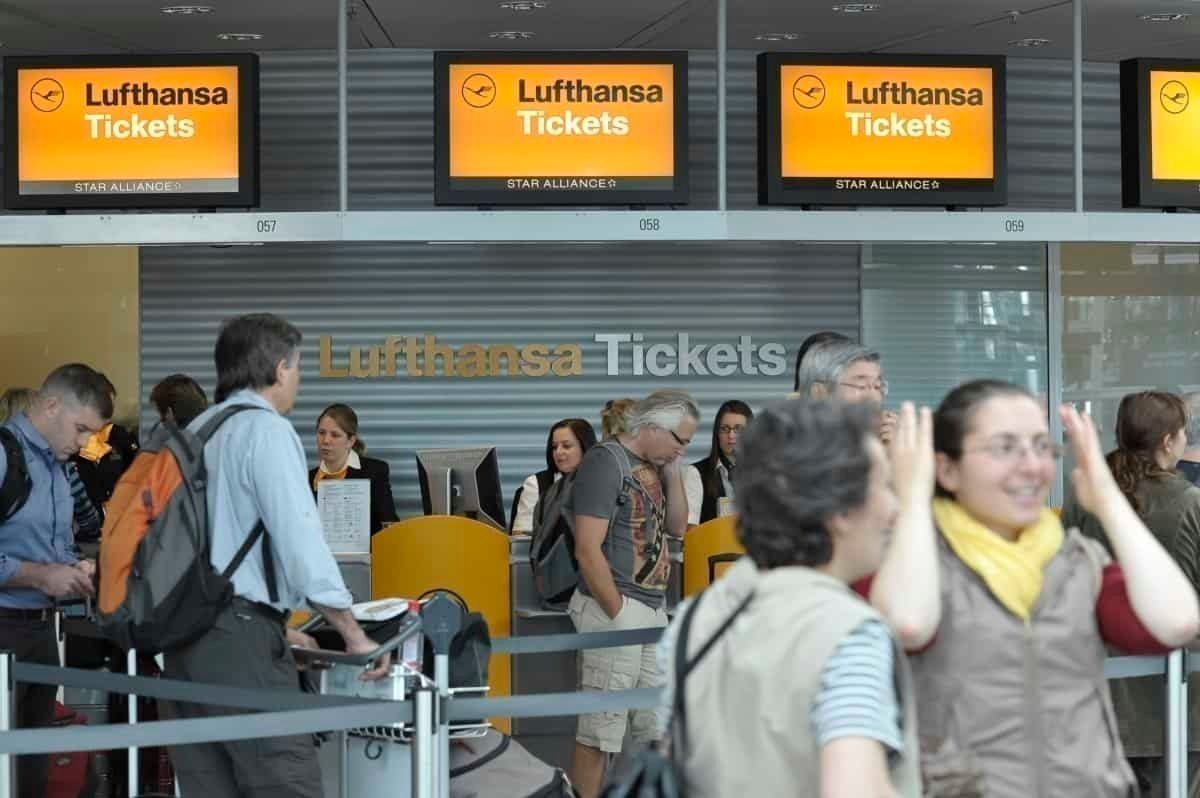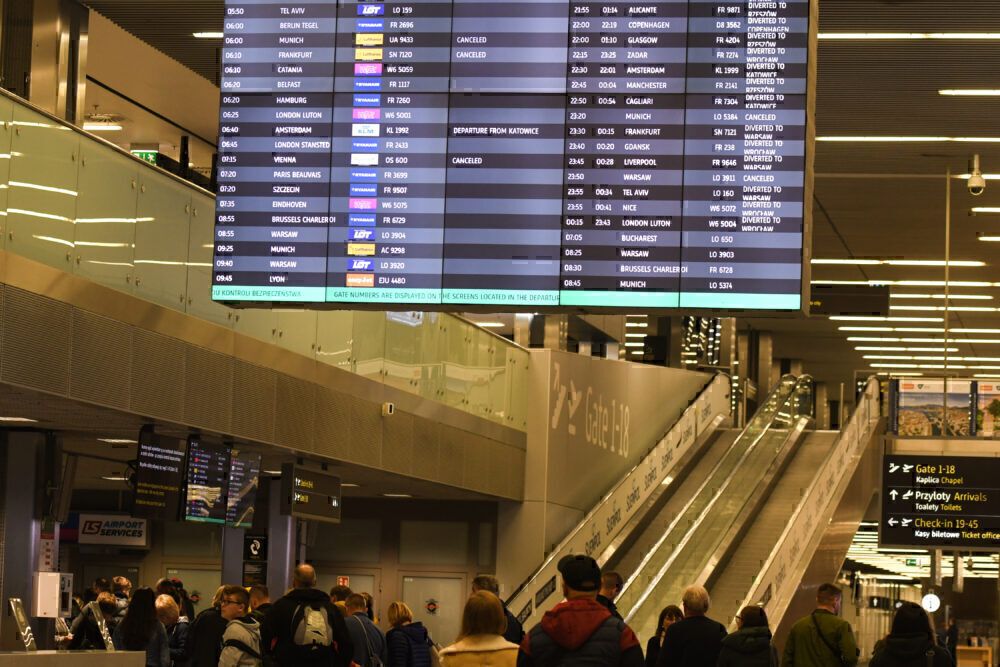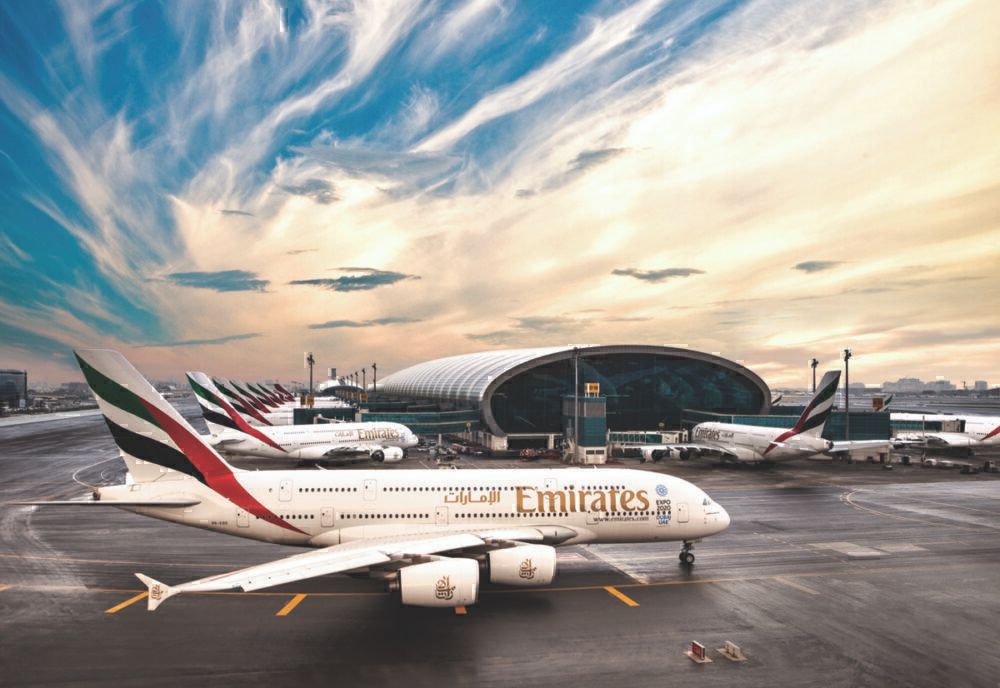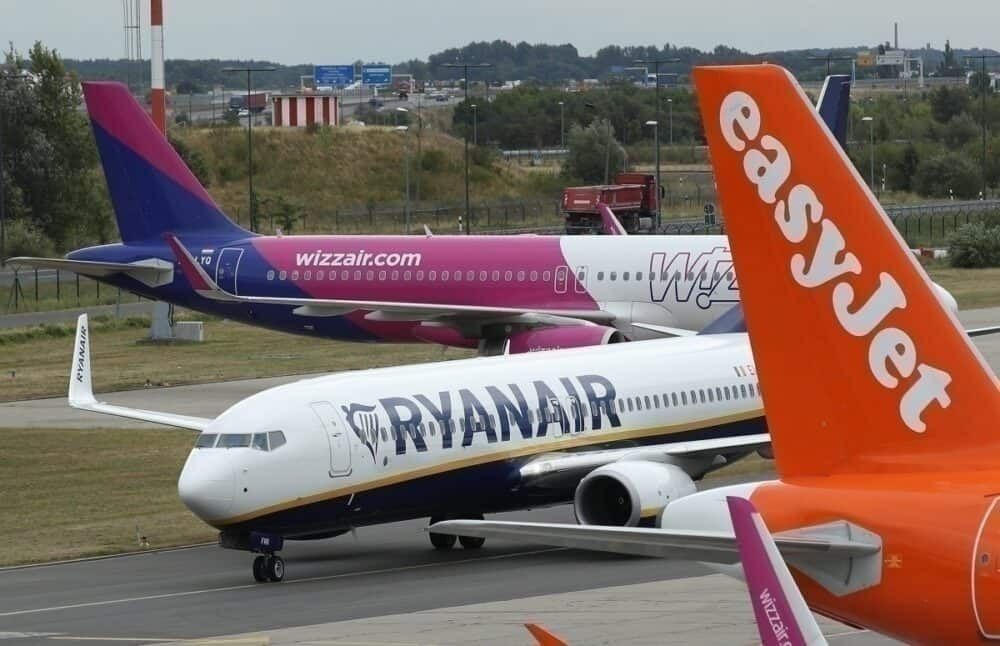Flight cancellations, unfortunately, do happen, and they can be very frustrating. Knowing what to do and when can really help the situation. This article takes a quick look at the main things to bear in mind when looking at options following a flight cancellation.
Be aware of cancellations
When cancellations and delays happen it pays to be ahead of the problem. Flight changes are common, and keeping up to date is important. According to the US Department for Transportation, 1.9% of domestic flights in 2019 were canceled, for example, and 21% were delayed more than 15 minutes.
Don't rely on the airline to notify you of all changes, although they usually will. You can sign up for notifications on many airline's websites, and having your booking in an airline app can help too. Third-party services, such as CheckMyTrip or TripCase, can store your bookings and notify you of changes or cancellations as soon as they happen. This is very useful for the frequent traveler.
Changing the flight - be aware of your options
Once a flight is canceled, most traveler's first priority should, of course, be to sort out their travel needs. Cancellations may come weeks in advance or last-minute, just before travel. But the need to either cancel or re-arrange is the same. It is a good idea to act quickly, don't just wait for the airline to contact you or sort it out.
Some things to bear in mind:
- If a flight is canceled, you will always be entitled to a refund if you don't fly. Especially if the flight is some time away, this may be the easiest solution. Just rebook another flight and follow up with the airline for cancellation.
- Airlines will almost always offer an alternative flight or flights. There is legislation for this in some regions, but most full-service airlines will, in any case, offer an alternative. It pays to check schedules and to contact the airline here. Each airline differs in its policy, but many will let you change to another day, or sometimes up to a year in the future with more flexible policies than when you first booked.
Connecting flights - one or separate tickets?
Cancellations that occur during a trip or involve later connecting flights are, of course, more problematic. If you have onward flights affected by the cancelation, the outcome depends on whether the flights are booked together. If they are ticketed on the same reservations (even if not operated by the same airlines), then the airlines have the responsibility to re-arrange connecting fights.
If, however, the flights have been booked separately, then you can be stuck. Airlines are not obligated to offer a different connecting flight if you booked this separately. This is usually the case even if the flights are with the same airline, although it is worth talking to the airline in these cases as it may help. Also, remember that you may have more flexibility to change the canceled flight than you are first offered by the airline; moving it earlier could help you in this situation.
Rights to compensation
Airlines have obligations both to assist passengers with canceled flights and, in some cases, to offer additional compensation. But this differs between countries. In some countries, such as China, little will be offered.
Internationally, this is governed by the Montreal Convention (covering 120 countries). This requires airlines to cover costs associated with cancellations, apart from in situations classed as extraordinary or outside airline control.
European regulations (EU Regulation 261/2004) go further for EU airlines or non-EU airlines departing from an EU country. As well as requiring the airline to re-arrange flights and pay for disruption, this mandates additional compensation to be paid for both delays and cancellations. To be eligible for up to €600 in compensation (€250 to €600 depending on flight length), the notification from the airline must have been made less than 14 days before departure.
Canada is another country that has enhanced regulations for cancellations. The compensation depends on the airlines' size and the total delay incurred, up to C$1,000 maximum.
Covered by travel insurance
As a final comment, remember that travel insurance may offer additional cover. Most travel insurance will first refer to the airline in the event of flight cancellation. But many insurance policies will offer cover, often as an enhanced level of cover to a standard policy, that provides cover in the event of travel disruption.
No-one likes travel disruption or cancellation, but preparation and knowing how to handle it can make the situation easier and better resolved. Feel free to share your experiences of dealing with airlines following cancelations in the comments.




